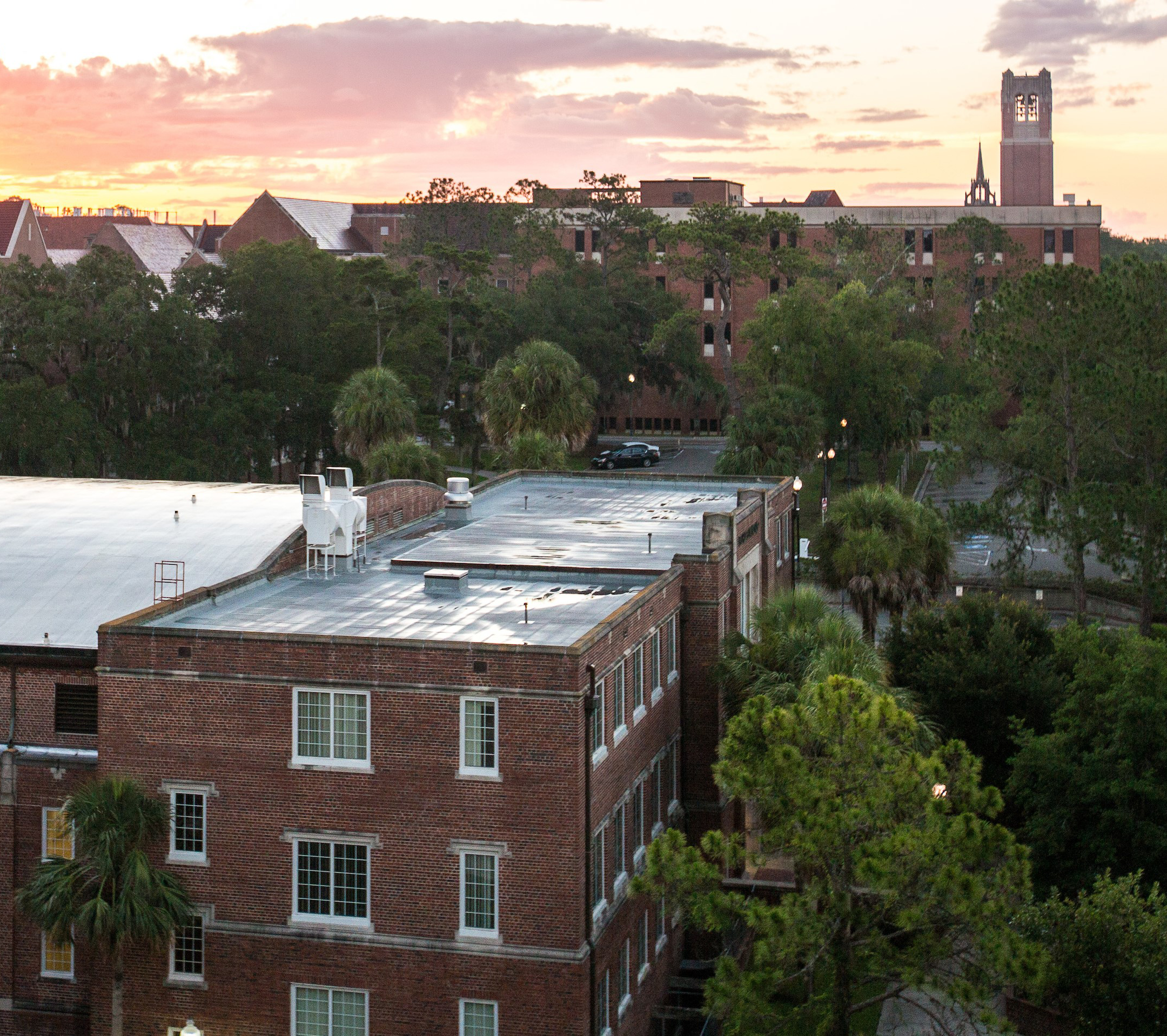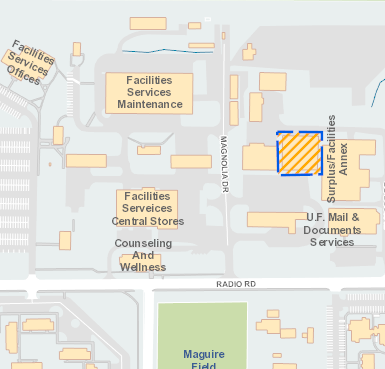- Homepage
- Departments
- Utilities and Energy Services
- Clean Water
- You Can Help
- At Home
- Fertilize Appropriately
Fertilize Appropriately
The Florida Yards & Neighborhoods Handbook (5.5MB pdf) states:
“A properly fertilized lawn absorbs non-point source pollutants, helps stabilize soil, reduces ambient air temperatures and promotes a healthy ecosystem of its own. Since it grows more vigorously, a properly fertilized lawn might also require fewer cultural or chemical controls for weeds, insects or diseases.
"Over fertilizing can aggravate pest problems, stimulate excessive growth and require frequent watering. In addition, when people use too much fertilizer on their landscapes, it can seep through the ground, past the root zone of the grass, plants or trees and into the aquifer. It can also be washed off by rainfall directly into surface water or via stormwater systems.
“The way you fertilize your lawn influences how much fertilizer is taken up by grass — and how much might be lost to leaching or runoff. Several factors determine pollution potential from lawn fertilizing. Among these are:
- Type of fertilizer
- How much you apply
- How you apply it
- When you fertilize
- How much irrigation you apply afterwards
- Overall health of the lawn”





